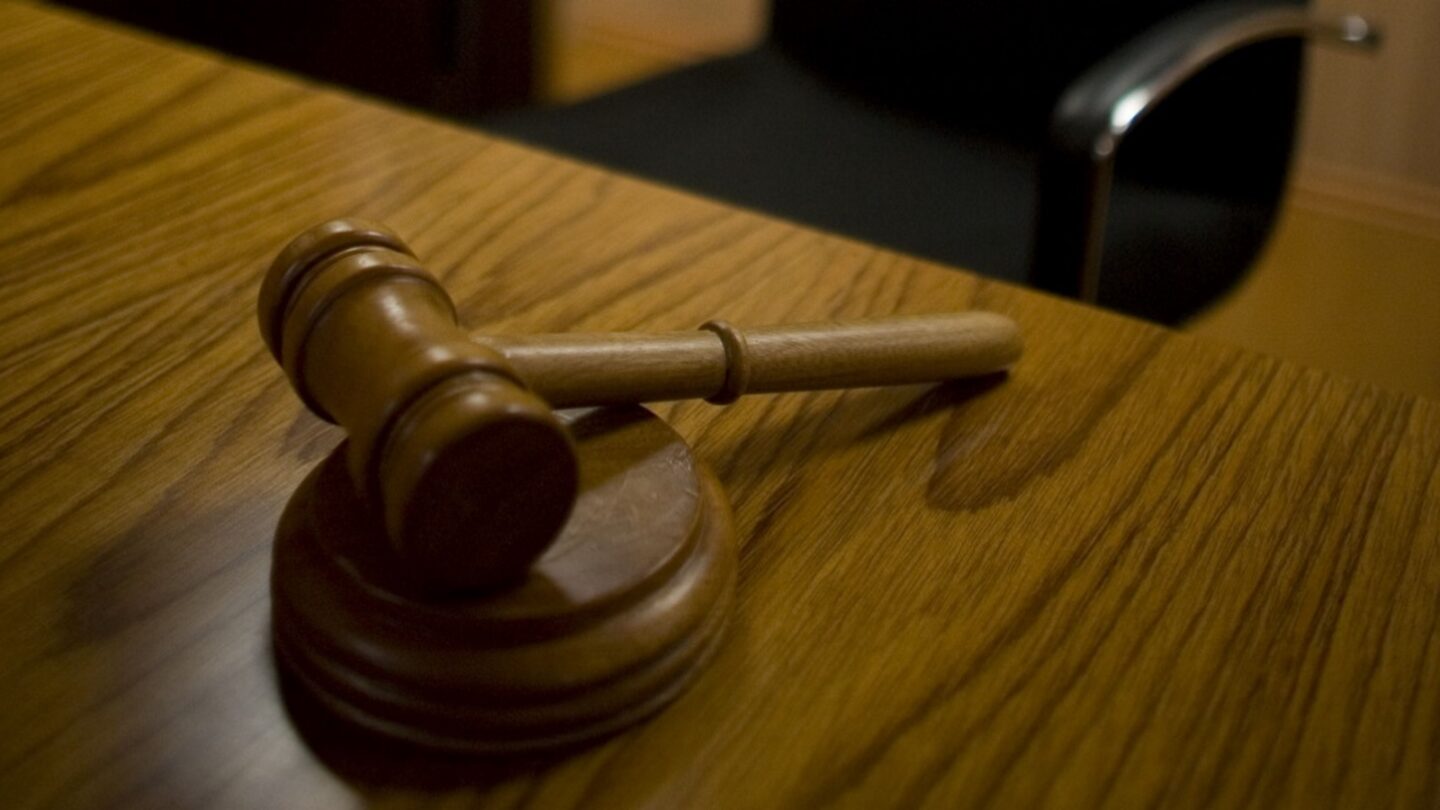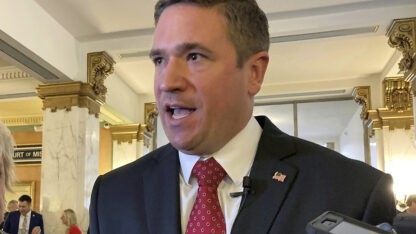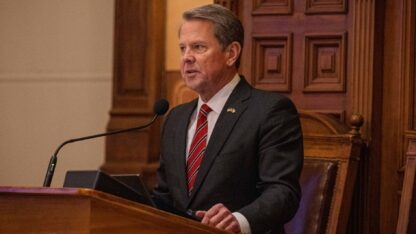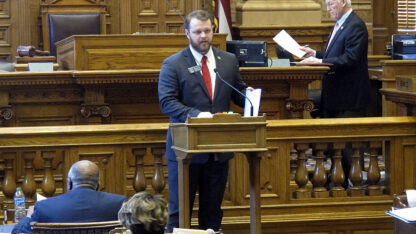A freelance photojournalist who was arrested while taking photos during a racial justice demonstration in 2020 has reached a $105,000 settlement with the city of Atlanta, his lawyers said.
Sharif Hassan had filed a federal lawsuit claiming his constitutional rights were violated, including his First Amendment right to freedom of speech. His lawyers said in a news release Monday that officers arrested him in retaliation for recording the police as they arrested a protestor in a public place.
“This resolution sends an important message that First Amendment rights must be protected, including, and especially, during times of political and social upheaval,” said Clare Norins, director of the University of Georgia School of Law’s First Amendment Clinic, which represented Hassan.
Hassan, who has worked as a freelance photojournalist for numerous news outlets, was photographing protests in downtown Atlanta on June 1, 2020, when police began pushing demonstrators back shortly before a 9 p.m. curfew, the lawsuit said. A line of National Guard members was behind the police officers, and Hassan was between the police and the National Guard along with other journalists, the suit said.
Two minutes after the curfew took effect, Hassan was taking photos when he was forced to the ground and handcuffed, despite repeatedly telling officers he was a working journalist, his lawyers said. Other members of the news media were allowed to continue working.









